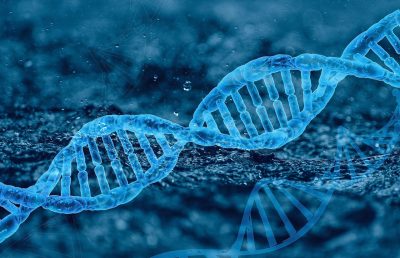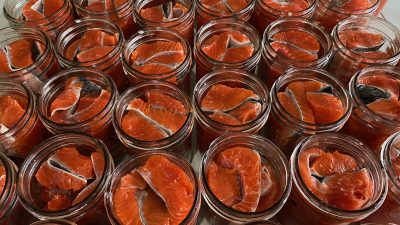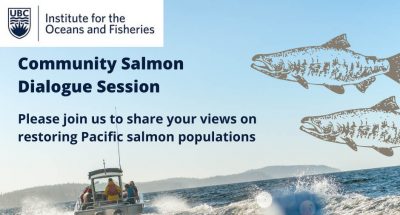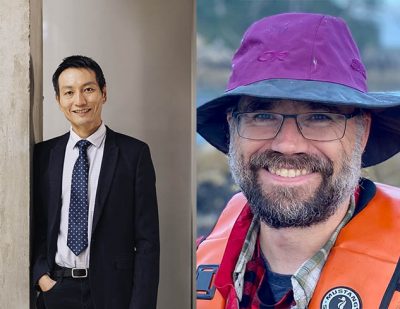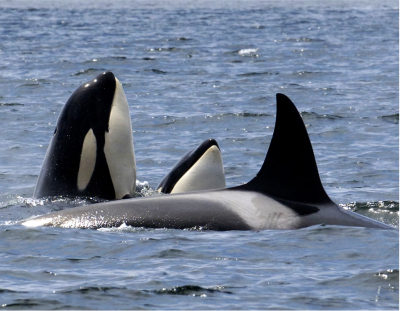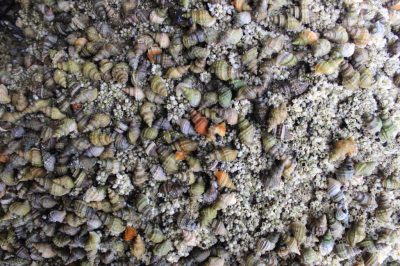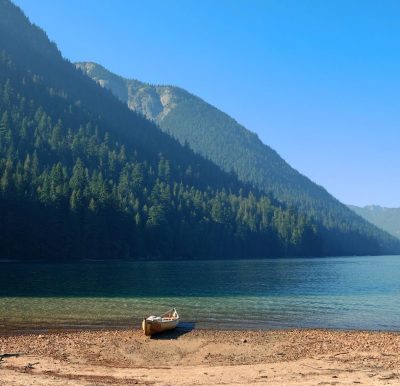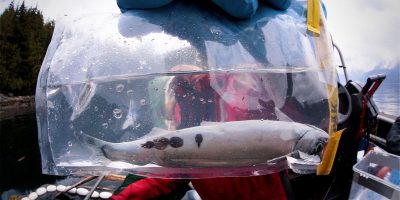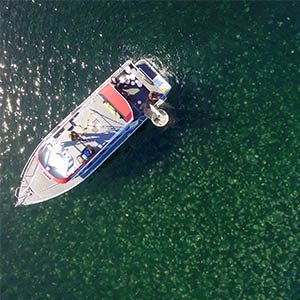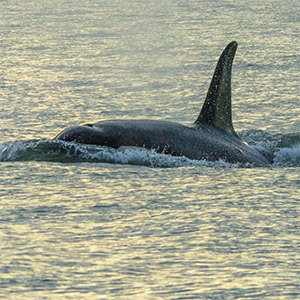Pelagic Ecosystems Lab wins BC Conservation & Biodiversity Award
The award will fund a project to provide high resolution zooplankton biodiversity data by integrating eDNA, and the Zooscan imaging system, to establish a biodiversity benchmark for the wider BC coast.
Indigenous data sovereignty and conservation in British Columbia
A collaborative study examined the concept of Indigenous data sovereignty in the context of salmon-bearing ecosystems in BC. The authors argue that successful conservation in the face of cumulative effects and climate change will require scientists to respect and incorporate Indigenous data sovereignty.
Salmon Dialogues: JOIN US!
Have ideas on how to rebuild and restore Pacific salmon populations? IOF will host 14 Community Salmon Dialogues across BC seeking input from all community members about the future of Pacific salmon. Join us at one of these events.
Faculty members receive funding from Government of Canada
Dr. William Cheung’s Canada Research Chair in Ocean Sustainability and Global Change (Tier II) was renewed for another five years. Dr. Chris Harley’s Sentinels of Changes project was funded.
Toxic chemicals found in oil spills and wildfire smoke detected in killer whales
Toxic chemicals produced from oil emissions and wildfire smoke have been found in muscle and liver samples from Southern Resident killer whales and Bigg’s killer whales.
Your local sea snail might not make it in warmer oceans – but oysters will
The frilled dog winkle may sound like a complex knot for a tie, but this local sea snail holds clues to our warmer future, including a dire outlook for species that can’t move, adapt, or acclimate as fast as their environment heats up.
IOF students visit Chilliwack
Students from the IOF’s FISH 520 course took a fieldtrip to Chilliwack with Dr. Jordan Rosenfeld, Honorary Professor, Applied Freshwater Fisheries Research Unit (AFERU)
Are viruses keeping sea lice at bay in wild salmon?
More than 30 previously unknown RNA viruses in sea lice have been identified by UBC researchers. Sea lice are parasitic copepods (small crustaceans) found in many fresh and saltwater habitats and have been implicated in the decline of wild salmon populations.
Jellyfish size might influence their nutritional value, UBC study finds
Researchers confirmed what was already known: jellyfish eat bigger prey as they grow, which means they also occupy a higher position in the food web as they grow. They also found that some of the concentrations of ‘healthy fats,’ increase as jellyfish grow. These changes might be influenced by their diet, and as they feed on bigger prey with higher levels of fatty acids, the jellyfish accumulate more of these fatty acids.
Food quality matters for southern resident killer whales, UBC study states
If southern resident killer whales ate just low-lipid salmon, they would have to eat around 80,000 more Chinook salmon every year than if they just ate high-lipid salmon.
